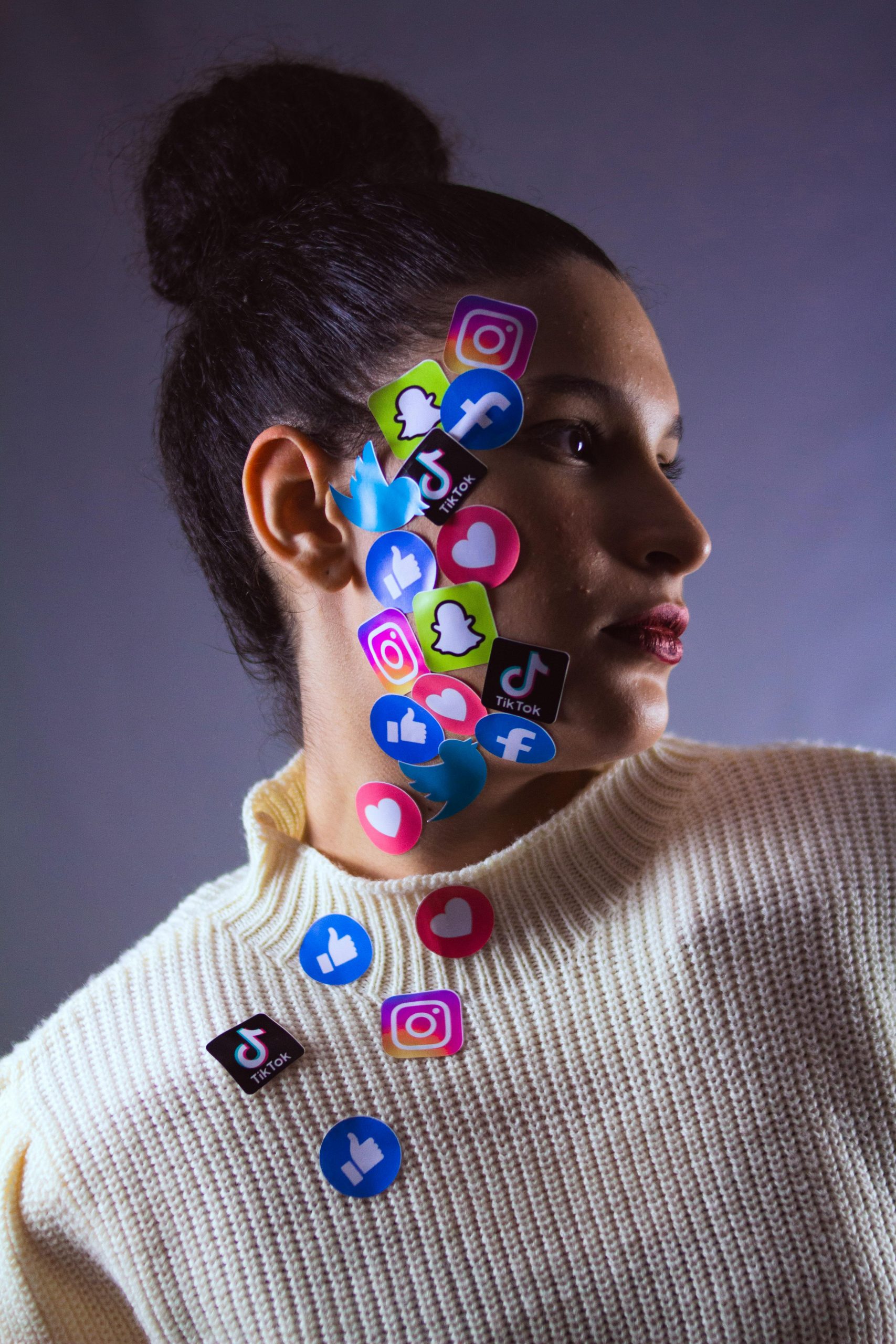I don’t think AI is going to make disinformation worse.
Understanding the Impact of AI on Disinformation: A Thoughtful Perspective
As AI technology advances, many experts and observers express concern that it might amplify the spread of disinformation across social media platforms. The rationale is that AI can generate vast amounts of false or misleading content at scale, potentially overwhelming users with misinformation.
However, upon closer analysis, this worry may not be as significant as it seems. Consider an everyday scenario: if I or you spend time scrolling through a platform like TikTok, we might view approximately 100 to 150 short clips in a single session. Whether these videos are curated by humans or generated with AI assistance, the total volume of content we encounter remains roughly the same. Adding AI-created videos to the mix doesn’t necessarily increase the amount of disinformation we see; it simply alters the source.
Moreover, the enormity of existing human-generated misinformation is already staggering. Our exposure to false content has been growing for years, and the introduction of AI-generated material doesn’t dramatically expand our total intake. The algorithms directing our feeds tend to prioritize content based on engagement, not origin. Therefore, even with an increased volume of AI-produced content, the pattern of what captures our attention—and potential exposure to disinformation—may remain relatively stable.
The format of content plays a significant role in how disinformation spreads. Subtle manipulations—such as edited clips of politicians or celebrities—can be more persuasive than outright lies. For instance, a doctored video featuring a figure making statements they never made can be just as impactful as a blatant falsehood, especially when presented convincingly within familiar formats. These nuanced tactics often slip past our critical defenses more easily than obvious fabrications.
Some critics suggest that AI could lead to a proliferation of hyper-realistic, fabricated clips that make deception more difficult to detect. While this is a valid concern, the overall influence might be limited by how we consume media. Human attention spans, content preferences, and the ways algorithms serve us information tend to normalize the impact, regardless of whether content is AI-generated or human-made.
In summary, the threat of AI exacerbating disinformation may be less about sheer volume and more about the sophistication of individual pieces. Awareness and media literacy remain crucial in navigating this landscape. As technology evolves, so too should our critical engagement with the content we consume.
What are your thoughts on the potential effects of AI on misinformation? Share your perspectives in the comments below.














Post Comment